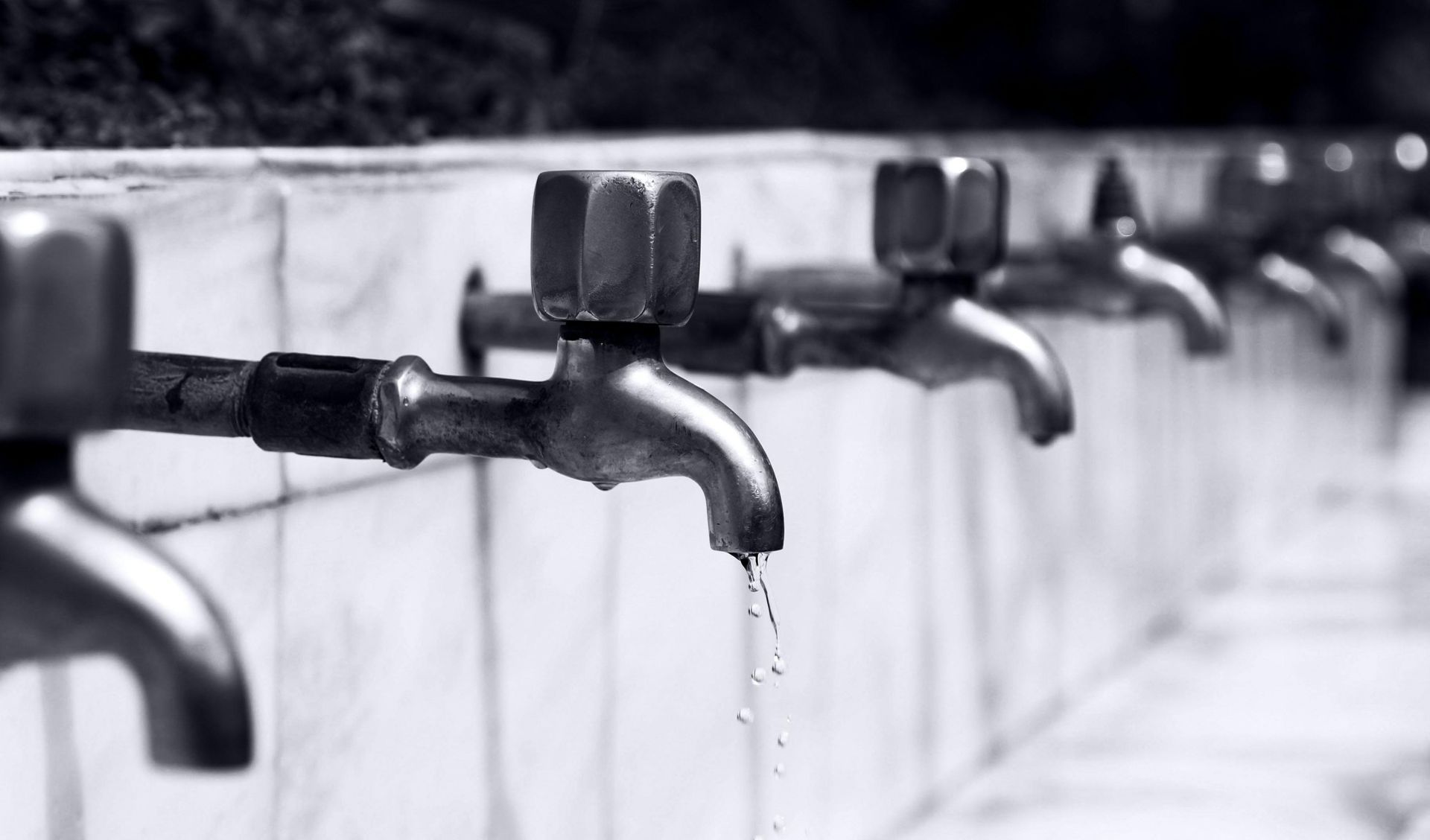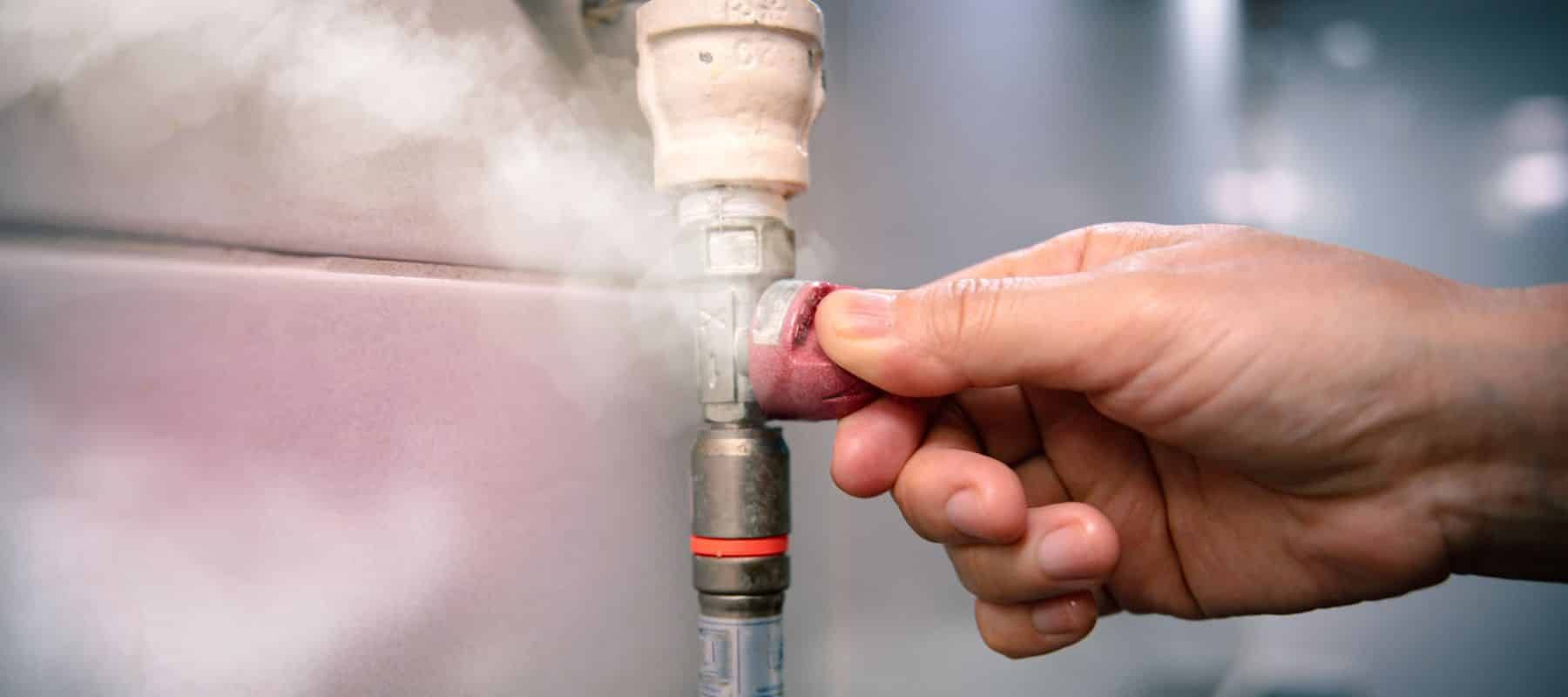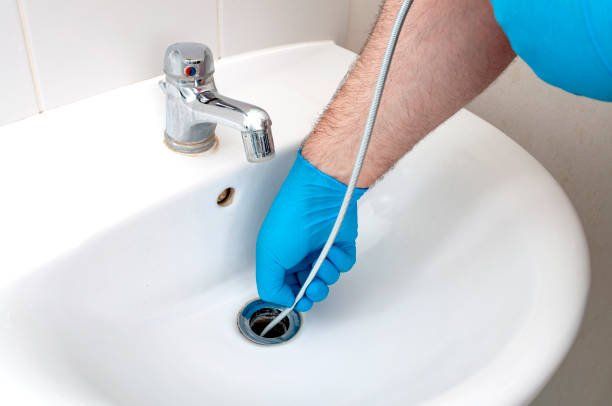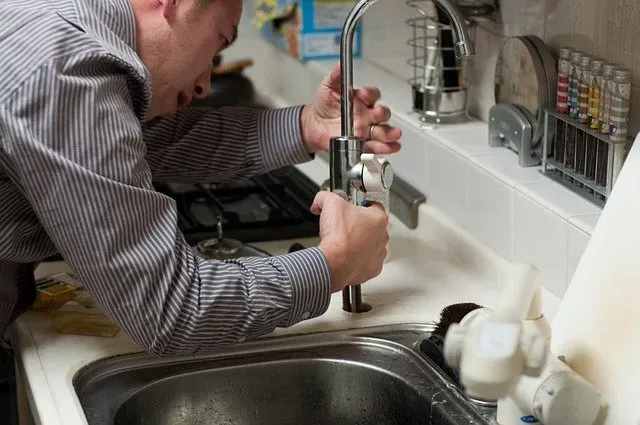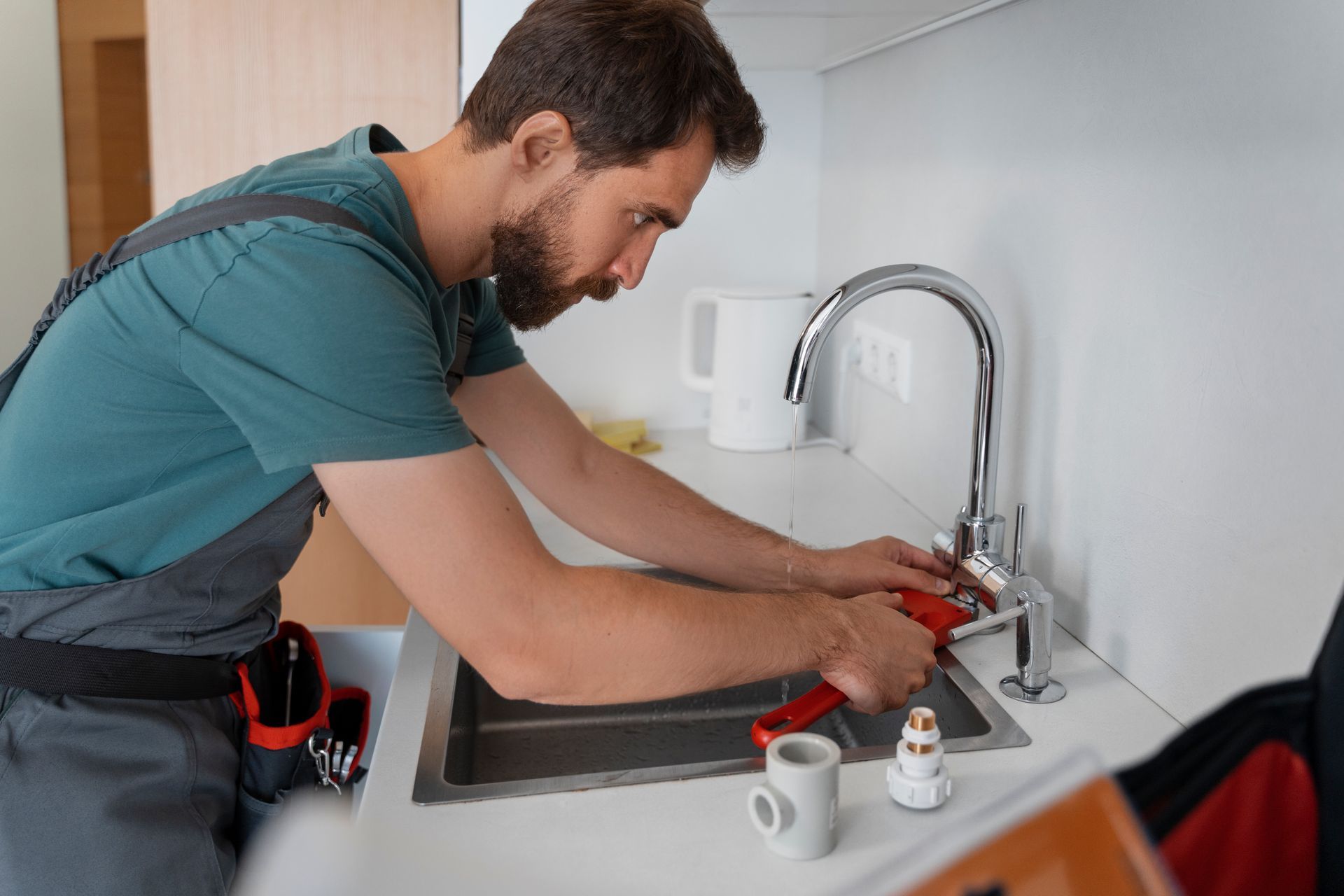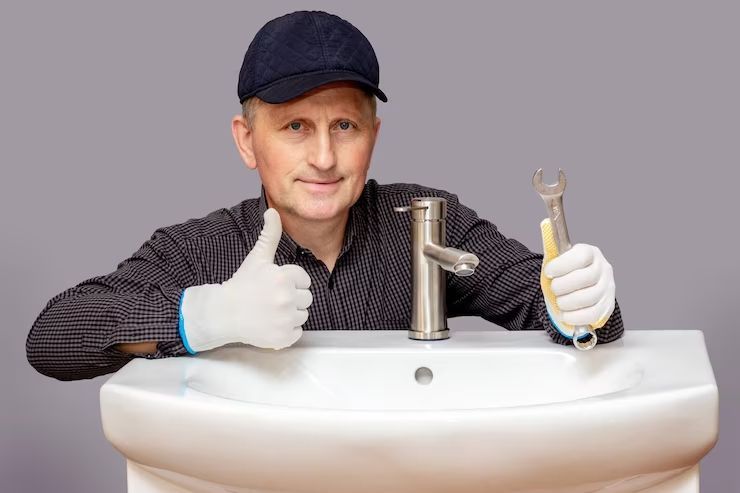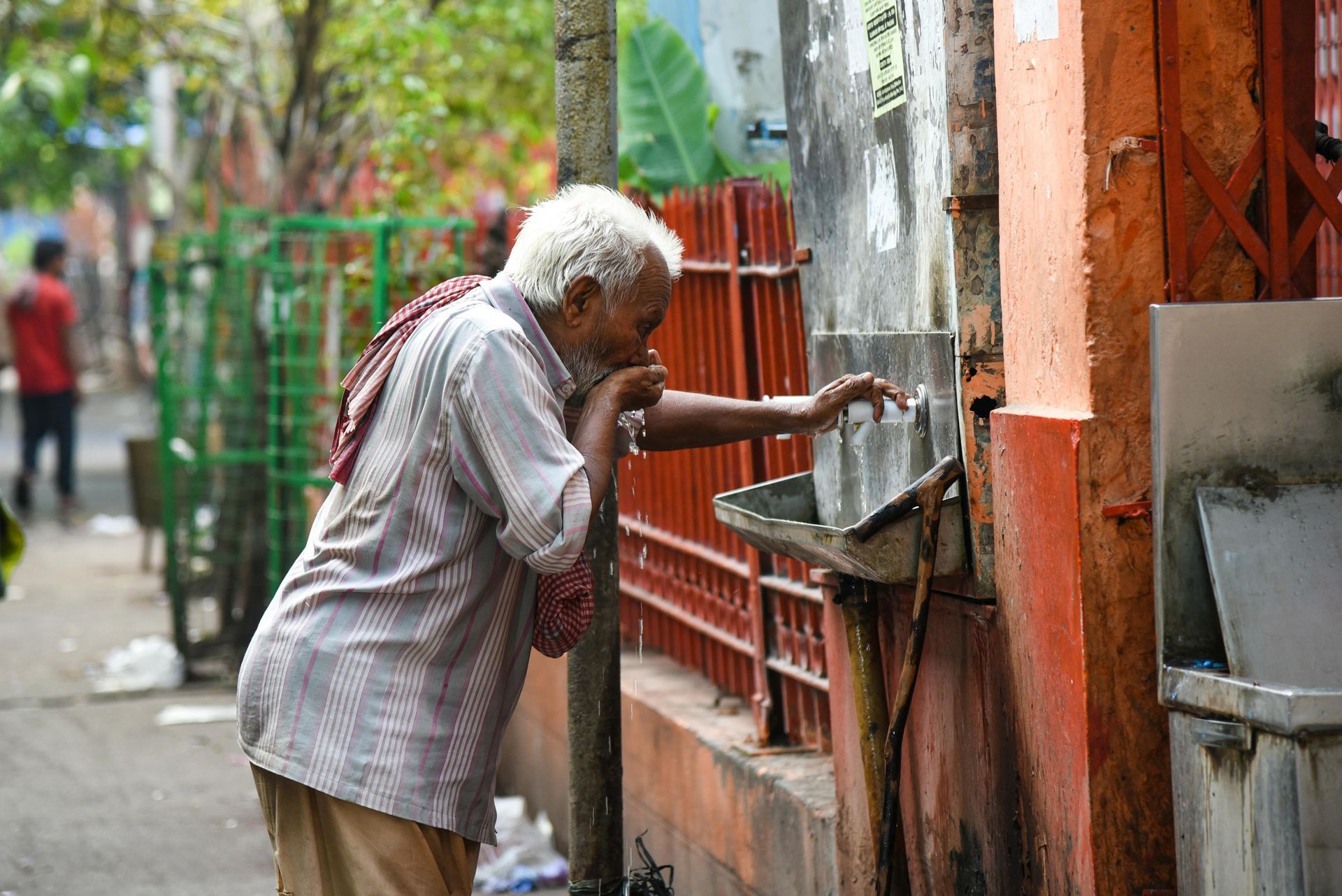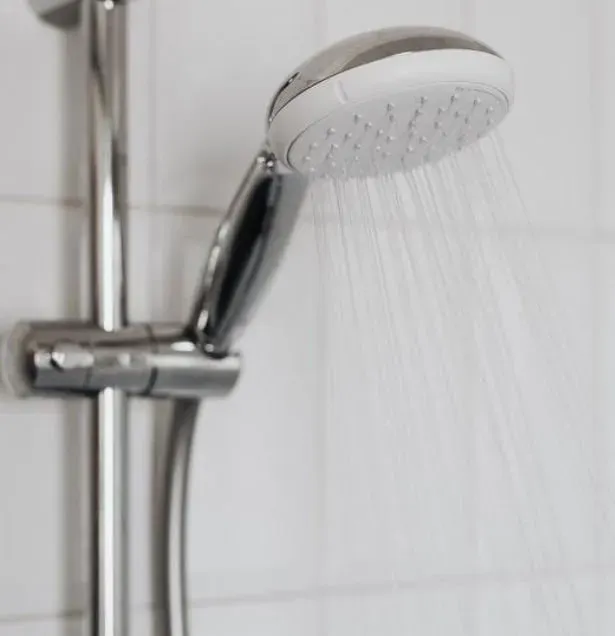How to Fix a Toilet That Won’t Stop Running?
A toilet that won’t stop running is more than just an annoying noise—it wastes water and increases your utility bills. Fortunately, most running toilet issues are straightforward to diagnose and fix with some basic tools and a bit of patience. This detailed guide walks you through the common causes of a running toilet and how to repair it yourself. Along the way, we’ll also mention related home maintenance topics like how to replace a broken garbage disposal switch, address issues with your water heater, and when it might be time to call professionals like All City Plumbers for expert assistance.
Understanding Why Toilets Run Continuously
A running toilet typically happens because water keeps flowing from the tank into the bowl, preventing the tank from refilling properly. The most common culprits are the toilet flapper, the float mechanism, or the fill valve. Each of these parts plays a crucial role in regulating water flow and tank refilling after a flush.
When these components malfunction, water leaks continuously, causing the toilet to run nonstop. This not only wastes water but can also wear out your toilet’s internal parts faster.
Step 1: Turn Off the Water Supply
Before you begin any repair, turn off the water supply to the toilet. Locate the shut-off valve, usually found on the wall behind or near the base of the toilet. Turn it clockwise until it stops to cut off the water flow. This prevents water from continuously flowing into the tank while you work.
Step 2: Remove the Toilet Tank Lid
Carefully lift the toilet tank lid and set it on a flat, secure surface to avoid breakage. Inside the tank, you’ll see the main components: the flapper at the bottom, the fill valve on one side, and the float mechanism.
Step 3: Inspect and Replace the Toilet Flapper
The flapper is a rubber seal that lifts when you flush, allowing water to flow into the bowl. Over time, it can become warped, cracked, or coated with mineral deposits, preventing it from sealing properly. This causes water to leak continuously from the tank into the bowl.
To check the flapper, push it down manually. If the running water stops, the flapper is likely the problem. Replacing the flapper is a simple and inexpensive fix:
- Turn off the water supply and flush the toilet to drain the tank.
- Unhook the old flapper from the flush valve pegs and disconnect the chain.
- Install a new flapper, ensuring it fits snugly and seals the flush valve.
- Reattach the chain with slight slack—too tight or too loose can cause issues.
- Turn the water back on and test the flush.
A new flapper often solves the running toilet problem quickly and effectively.
Step 4: Adjust the Toilet Float
The float controls the water level in the tank. If it’s set too high, water spills into the overflow tube, causing the fill valve to keep running. Adjusting the float to the correct level stops this overflow.
There are two common float types:
- Ball Float: Attached to a metal arm. Gently bend the arm downward to lower the water level.
- Cup Float: Slides on the fill valve shaft. Use a screwdriver to turn the adjustment screw and lower the float.
After adjusting, flush the toilet and observe if the water stops running once the tank refills. The water level should be about an inch below the overflow tube.
Step 5: Check and Replace the Fill Valve if Necessary
If adjusting the float and replacing the flapper don’t stop the running, the fill valve might be faulty. A malfunctioning fill valve fails to shut off water flow properly, causing continuous running.
To check the fill valve, observe if the float rises with the water level. If it doesn’t, or if water keeps flowing despite the float’s position, consider replacing the fill valve. Replacement kits are affordable and come with instructions for installation.
When to Call Professionals
If you’ve tried these steps and your toilet still runs, or if you’re uncomfortable performing the repairs yourself, it’s wise to contact experienced plumbers. Professionals like All City Plumbers can quickly diagnose and fix complex issues, ensuring your plumbing system works efficiently.
Sometimes, running toilets can be symptoms of broader plumbing problems, similar to issues you might encounter with your water heater or garbage disposal. For example, learning how to replace a broken garbage disposal switch or addressing a noisy water heater requires professional expertise to avoid further damage.
In emergencies involving leaks or flooding, don’t hesitate to reach out to emergency services or trusted plumbing specialists to minimize damage.
Conclusion
Fixing a toilet that won’t stop running is often a straightforward DIY task involving inspecting and replacing the flapper, adjusting the float, or replacing the fill valve. These repairs save water, reduce utility bills, and prevent further damage to your plumbing system.
By following this detailed guide, you can restore your toilet’s proper function safely and efficiently. For more complicated issues or peace of mind, professional plumbers like All City Plumbers are available to help with expert service.
Maintaining your home’s plumbing—including toilets, garbage disposals, and water heaters—ensures comfort, safety, and cost savings over time.

